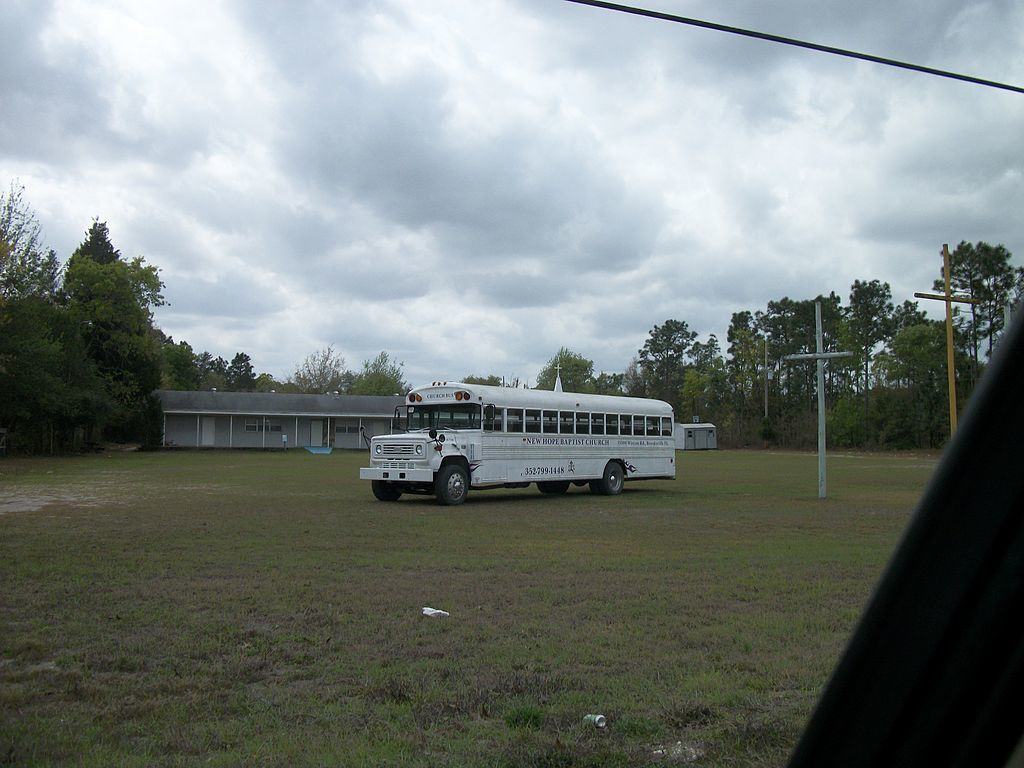A Memoir by Jason A. Ney
This is a story of a VHS tape.
It’s not a story—not primarily, at least—about how, because I attended the same tiny Christian school from kindergarten through twelfth grade, I had limited options for making friends, but how by my junior year, five of us had found each other and settled into a mix of friendship and the occasional on-again, off-again romantic pairing, spending almost every weekend at one of our houses: watching movies at Christina’s, swimming at Candace’s, hanging out at Dan’s, sitting around a bonfire and falling asleep on the trampoline at Jon’s. Forming a bond we all thought would last forever.
It’s not about how, after high school, we scattered to different colleges in different parts of the country and then settled into our adult lives, or about how we all, to various degrees, still keep in contact with each other—with one exception.
But this is not a story about Christina. It’s not about how after she went to college, she left the faith in which we’d all been raised. It’s not about her slow but steady slide away from every one of us. It’s not about how she got pregnant out of wedlock by someone none of us knew and then bailed out of being one of Candace’s bridesmaids by cutting off all communication with her weeks before the wedding. It’s not about how she willed herself off the grid, deleting our voice mails, ignoring our e-mails, acting as if all those years, the thousands upon thousands of hours we spent together, were nothing more than a chapter of a book she wanted to tear from its spine and set ablaze.
It is, however, about why, four days after Christmas, I’m fidgeting in a car outside her parents’ house in the dark, ratcheting up the nerve to ring their doorbell and worrying about how this unannounced visit—my first contact with any member of her family in over a decade—will be received.
– – –
I grew up in the analog age of cassettes, VCRs, and theatres that projected 35mm film. By the time I hit my teens, our family’s home movies—recorded by a video camera so big, whoever used it had to mount it on either a shoulder or a tripod—took up two entire drawers of our entertainment center. Since the digital era of video-capturing cell phones, Facebook, Twitter, Instagram and selfies was still years away, I took all my pictures with a Canon point-and-shoot loaded with a roll of film that, once finished, I would give to my dad. He would take it to the one-hour photo lab in Boscov’s department store, and after the lab developed it, he would pick up my photos—24 or 36, depending on the size of the roll—and bring them back to me in a glossy paper envelope. I’d shuffle through them, keeping the pictures that had turned out well and throwing out the bad ones, the out-of-focus blobs I’d shot at the wrong F-stop or speed.
When capturing a moment on film or on tape, I budgeted my resources. Each roll of film cost money, and once I shot it, it was done—no “erase and retry” button, no ability to take dozens of the same moment and leisurely shuffle through them later to pick out the best version. Once a VHS tape was filled with two hours of footage, I had two options—keep it or tape over it. If I lost a roll of film, making duplicate prints became practically impossible. So compared to today, when a single smartphone can hold more HD video than the fifteen years of grainy footage in our entertainment center drawers, my rolls of film and VHS tapes seem dangerously ephemeral, their inherent frailty compounded by a rapid onslaught of technological advances that have made accessing their content—the touchstones of my adolescence—increasingly difficult.
These technological archaisms have forced me here. They are why I’m sitting in this driveway, debating whether or not to just go home and give up the search for a tape that might no longer even exist.
 Jason A. Ney holds a Ph.D. in English from the University of Denver. His work has also appeared in Noir City and Little Did She Know. He is currently writing a memoir about growing up in Christian fundamentalism.
Jason A. Ney holds a Ph.D. in English from the University of Denver. His work has also appeared in Noir City and Little Did She Know. He is currently writing a memoir about growing up in Christian fundamentalism.
